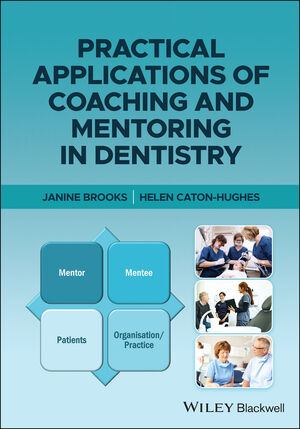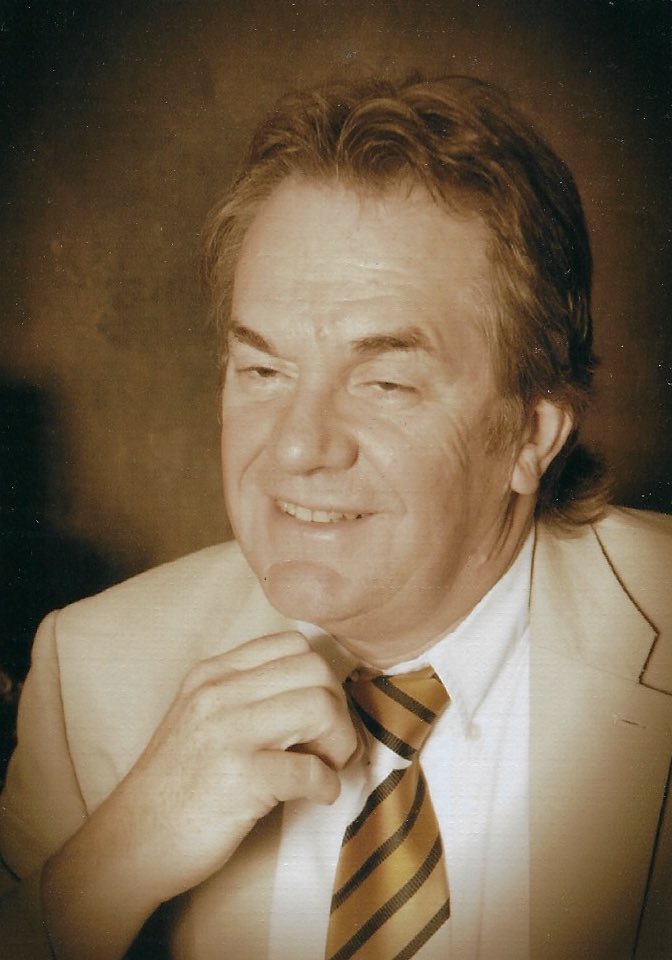
The first conference specifically for mentoring in dentistry was held on October 20th 2018, kindly hosted by the British Dental Association (BDA) at Wimpole St., London, attended by over 60 delegates.
The day began with a trio of excellent key note speakers, led by Professor David Clutterbuck, the internationally renowned authority on mentoring. Yvonne Coghill CBE FRCN gave a deeply personal and UK health-service perspective and Catherine Rutland gave the audience plenty to ponder from the private sector viewpoint.
Professor Clutterbuck began the proceedings taking a broad-brush approach to mentoring. Yvonne narrowed the focus to healthcare and Catherine described how Simply health professionals were applying mentoring in support of their practices and practitioners.
The three key note speakers led the delegates in a panel discussion that was both deep and wide reaching. There was an unexpected gift to delegates when Professor Clutterbuck generously offered all delegates a copy of his work – “How to ask powerful questions”.
Delegate feedback was excellent for all the key note speakers, including:
“Awesome to hear such a guru speak”, “Amazing context. Made me feel confident of taking up mentoring as my give back to the profession” and “Inspiring lecture that taught me the importance of not giving up following knock backs.”
This session was followed by parallel streams led by three speakers well known to many participants: Alasdair Miller, Joanne Brindley and Sally Strazzanti. They introduced delegates to; “Mindsets in Mentoring”; “What can Sinatra teach us?”; and “Mentoring for Resilience.”
More small group practical sessions were led by Pam Coates, Bob Hughes, Fiona Ellwood and Hoda Wassif. These session topics included: “Stepping from Associate to Practice owner”; “Mentoring principles”; “Ethical practice and mentoring agreements” and “Culture sensitive mentoring”
A mentoring café held at lunch time with experienced mentors offering taster 15-minute mentoring sessions to delegates provided very successful.
The organisers, Dental Coaching Academy, were delighted that delegates came from far and wide to attend this first dental mentoring conference and from across the dental team.
One delegate summed up the day in one word: FAB - U - LOUS! and it certainly was.
Don’t miss next year’s conference – hold the date – November 23rd 2019.







 Most of us want to be successful and have a good life. What is success? We are all different and have different needs and aspirations and so what is important to one person may not be to another. Success I would suggest is about achieving goals we have set and becoming more proficient at things we do. What is known about achieving goals?
Most of us want to be successful and have a good life. What is success? We are all different and have different needs and aspirations and so what is important to one person may not be to another. Success I would suggest is about achieving goals we have set and becoming more proficient at things we do. What is known about achieving goals?